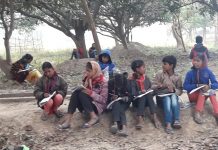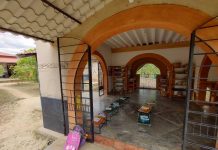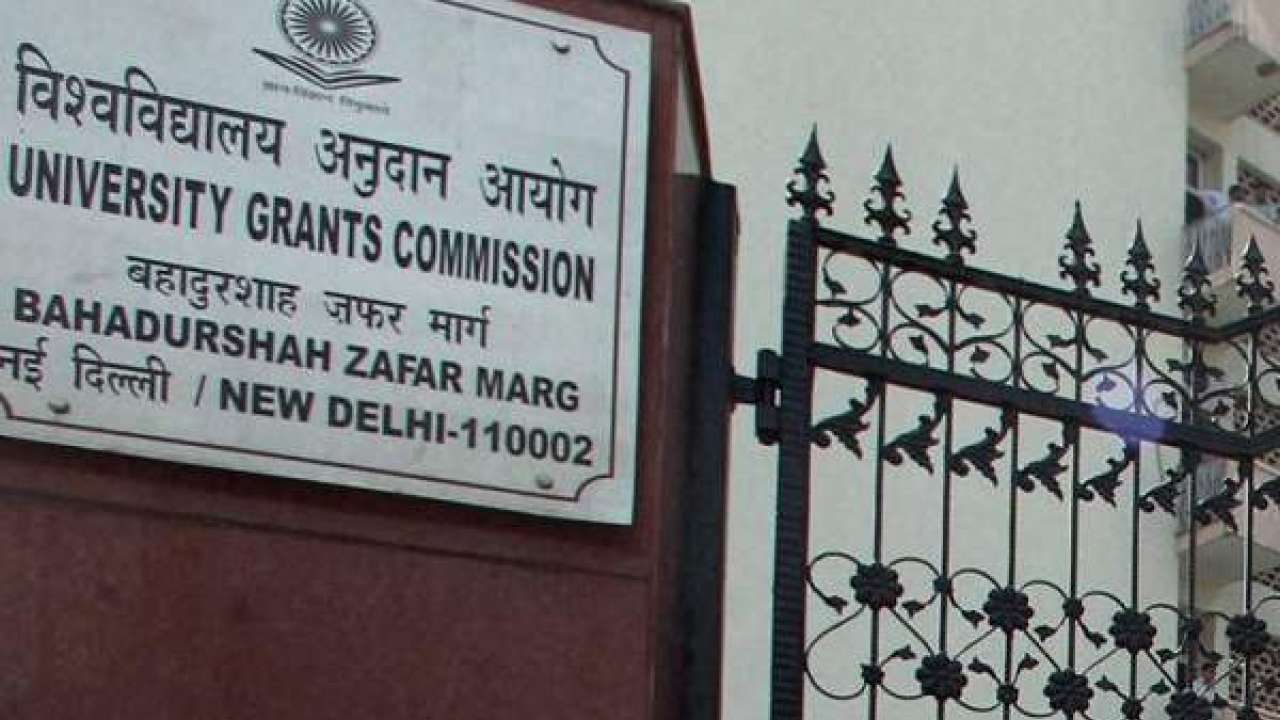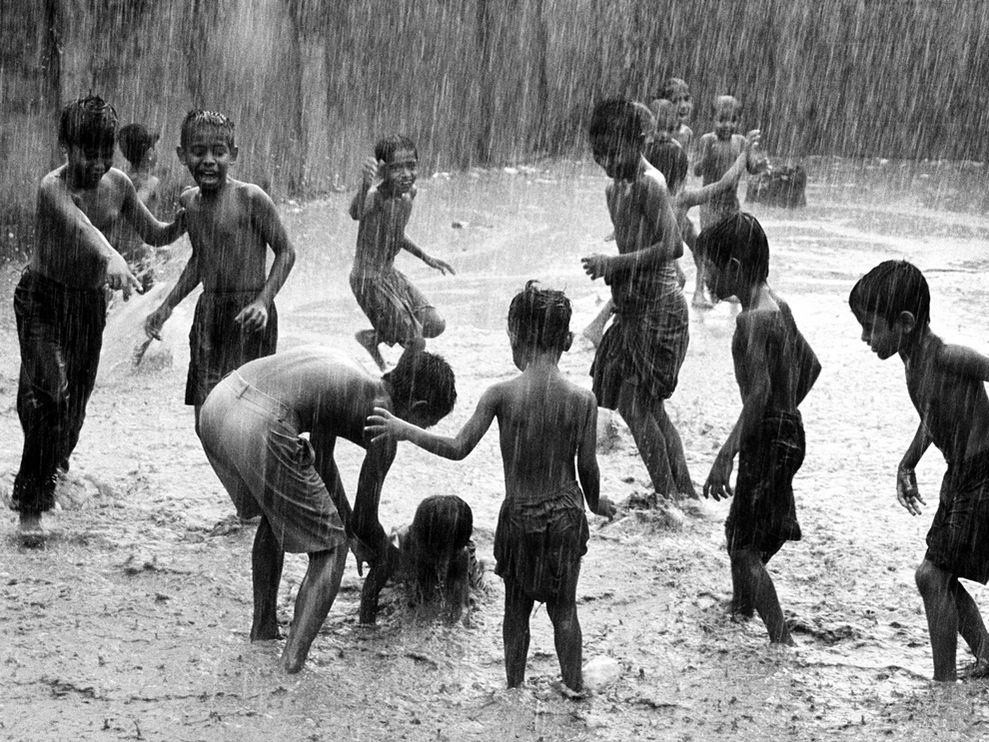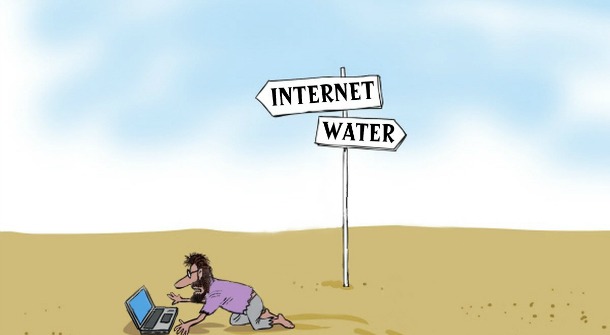
In the summer of 2012, I applied for admission at Delhi University (DU). I had never thought that I would be going to Delhi for my higher studies, in fact, I had never thought that I would be studying any further after high school. At a very early age influenced by the sports culture in my hometown, I had decided to pursue cricket as my career. I had not applied for admissions after completing my class 12th Boards in 2011 to play cricket for my state team. However, after a turn of events and my decision to give up playing professional cricket I was left stranded without any zeal to pursue a career in a particular direction. I had opted for arts stream after my matriculation so that I could play cricket and be saved from the menace of coaching classes which virtually every science and commerce student of my school had to suffer. Now, most of my friends were doing engineering and I was virtually doing nothing. One of my school teachers advised me as I had got good marks in my 12th Boards to go to DU to do a B.A. degree and prepare for UPSC exams alongside, I got influenced by his vivid description of what an IAS officer’s job entails. I talked to my parents and they encouraged me to go to Delhi. I applied for admission in political science, history, and sociology at DU. I reached Delhi a day before the much-hyped 1st cut off list for admissions in different colleges in the university were to be released. The next morning I went straight to Hindu College (I was told that it was one of the best colleges in the university) in the morning to check the cut off list and seek admission. I could not clear the cut off for admission in political science and hence took admission in sociology. The main task was to secure a seat in any subject in a “good” college which would provide the infrastructure and environment for my UPSC preparations. This is how my journey as a student of sociology at DU started.
The best thing about studying at DU is that it is truly a central university with students coming from all over the country to study. My initial days at the university were very exciting because for the first time I was meeting people from different parts of India. There is diversity not only in terms of the student composition but also in terms of the subjects being taught in the colleges, from social sciences and humanities to natural sciences to art and music. Another important feature of the university is the presence of vibrant societies for extracurricular activities. Students have the chance to pursue their respective interests in various fields such as dramatics, poetry, photography, etc. DU also has a better gender ratio compared to most of the universities in India, which makes it a vibrant and relatively more inclusive university.
I was also happy to be in a place where social sciences were considered to be respectable discipline unlike in school where students in the Arts stream were looked as ‘second class’ students. From being on the lowest strata of the disciplinary hierarchy in school, here I was in higher echelons of the disciplinary hierarchy in the college. In fact, sociology along with few other disciplines such as English literature was considered to be one of the most elite departments of the college, not only because social sciences at DU have a decent ‘brand value’ but also because a significant number of students in the department came from the upper strata of the society with a serious amount of accumulated cultural capital. Apart from academics, they were also, occupying leadership positions in different societies.
Soon after my initial excitement of joining one of the best colleges in DU, I started feeling deeply uncomfortable with my life in Delhi. I had left behind a comfortable life at home to live in a dingy rented room in Delhi. From being always surrounded by friends, here I was searching for a friend who could listen to me. Amidst all this, I started the standard UPSC preparation rituals of reading newspapers as if they were the Bible and reading Indian history and polity as if every fact or event was a prospective question in the exam, which by the way, was still three years away.
The sheer instrumentality with which I was attending classes in the college made things worse for me. The amount of pressure I had put on myself was making it difficult to make friends or to enjoy my time at the university. At this juncture, I talked to my friends and teachers who told me that I was in a hurry to prove something which was not required. They advised me to live in the moment and be grateful that I was studying in one of the best universities in the country. I took their advice and started to explore a vibrant life in the university. I suddenly started to feel positive about life. I started paying attention in class and talking to my classmates. I was not worried to rush back to my room as soon as classes got over to start my UPSC preparations.
Suddenly, sociology started to make a lot of sense to me. I had read sociology in my school but I never tried to relate the text with reality. The readings on ‘Sociological Imagination’ by CW Mills and ‘Invitation to Sociology’ by Peter Berger were deeply empowering. I could make connections between my personal issues and the system of which I was a part. Readings on caste by MN Srinivas, Andre Beteille and Dipankar Gupta made me interrogate my own privileged caste status. Emile Durkheim’s “anomie”, Karl Marx’s “alienation” and Max Weber’s “disenchantment” completely shattered the sacredness of the word “modern” for me. I was now able to think about my own position in the larger scheme of things. I could understand the utter drudgery and indifference that metropolitan life induces. Sociology was not an optional paper for UPSC exams anymore, it was an invitation to know, think and reflect about life in the society. It provoked me to enter the domain of critical thinking. I started to feel confident and empowered by my tryst with sociology. I was not an autonomous rational actor anymore but an individual enmeshed in webs of relationship, deeply connected with other individuals, institutions and nature itself.
My engagement with sociology also made me very restless. I could visualize the exclusion in the eloquent spoken English of my teachers. The image of a boy from a rural area of Bihar who had to withdraw his admission because he could not cope up with English as the medium of instruction in the class always haunted me. The curiosity and confidence of some of my classmates reflected the inherited cultural capital that had they possessed. I could make sense of the deep divisions of class, caste, gender, and ethnicity at play in the daily life of the university itself. However, sociology was not just a domain of critical thinking about the external world but also interrogating oneself. I could now understand my thoughts and actions that had developed over the years through socialisation as a male upper caste member of the society. The unlearning process that sociology initiates is the most enchanting aspect of learning sociology.
Not only in terms of the content which was taught to us but also in terms of pedagogy, sociology allowed for constant interaction between the teachers and students. The debate, discussions, and dialogue which teaching sociology required provided a degree of pedagogical flexibility. The knowledge claim of sociology is not as objective as that in ‘hard sciences’. The ‘value relevance’ in sociological knowledge allowed for debate and discussion as an important way of pedagogical experimentation. My perspective towards the hierarchical relationship in which teacher and students were tied together also changed, I could experience the teacher as a fellow traveler in the quest for knowledge. However, this was not always the case; linguistic capital defined who was able to adequately participate in these discussions. Moreover, not all teachers were sensitive to the diversity of the classroom. They went about their business in a very mechanical way, which was a source of constant frustration for me.
Three years of doing sociology at DU was a life-changing experience for me. It changed my perspective towards the world for good. Sociology constantly acted as my conscience keeper and taught me to be sensitive and humble towards everyone. It helped me to develop a sense of connectedness with nature, fellow members of the society and most importantly with myself. However, there are instances of disciplinary chauvinism, which needs to be avoided to maintain a critical attitude towards the discipline itself.
Today, I am doing Ph.D. in sociology whereas most of my friends are working in big companies and earning much more than what I get as fellowship but I am happy to explore the world of ideas and practice, an exploration that is deeply enchanting and life-affirming. It is time for admissions in Delhi University and I would like to congratulate those who decide to undertake their academic journey in social sciences and humanities in these testing times, not getting seduced by the market-friendly courses. I would urge them to explore the domain of critical thinking and look for meaningful connections between theory and reality. Most importantly keep yourself open to new ideas and remain humble in your pursuit of knowledge.
Kunal Shahdeo is pursuing his Ph.D in Sociology from IIT Mumbai.

